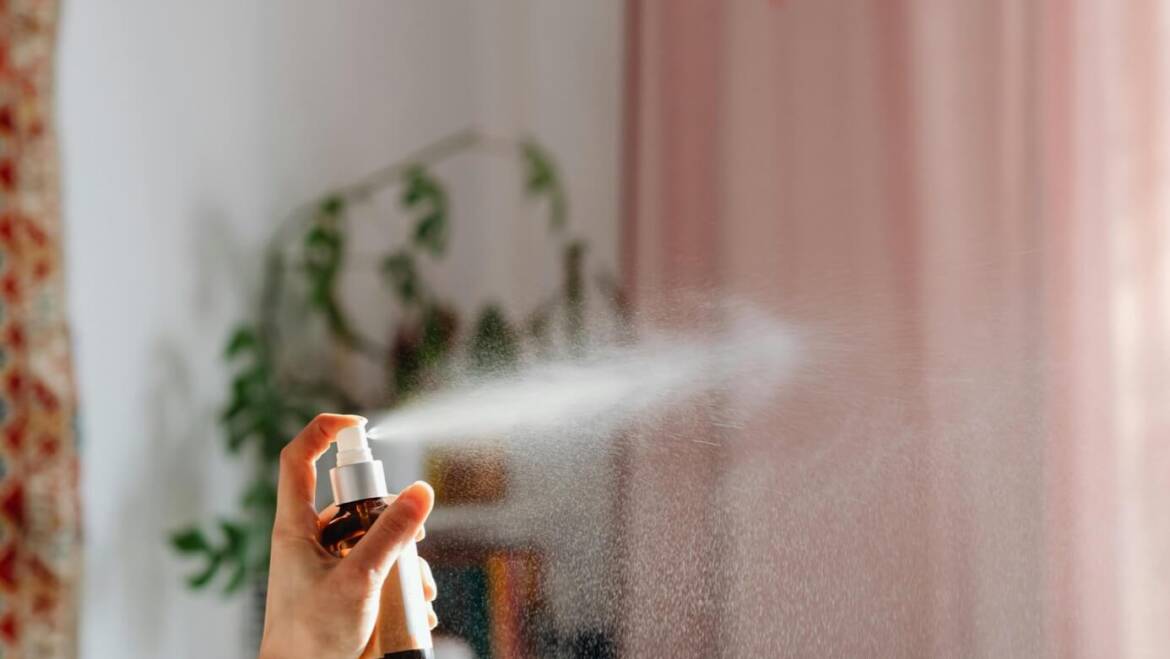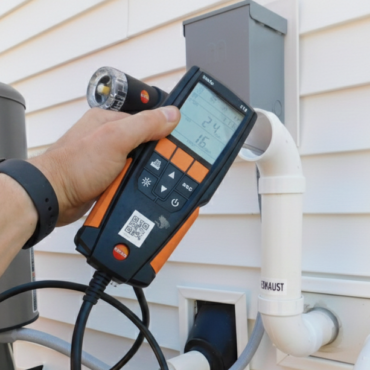When you shut your windows in the winter, you have less ventilation, and indoor air quality becomes more concerning. You run your heating system to block out the cold, but that can further reduce the fresh air available for breathing. Understanding why this matters is key to maintaining a healthy, comfortable home.
The Importance of Indoor Air Quality in Winter
During winter, your home is sealed up tight. This lack of ventilation can trap pollutants like dust, pet dander, and volatile organic compounds (VOCs) from chemical cleaning products. With more time spent indoors, exposure to these irritants increases. It can lead to:
- Respiratory issues
- Increased allergies
- Low energy and fatigue
- Dry skin and eyes
Heating systems also dry out the air, irritating the throat, nose, and skin. Poor indoor air quality affects not only comfort but also your overall health.
Common Culprits Causing Poor Indoor Air Quality
To better understand the problem, you must know what contaminants are behind winter indoor air pollution.
Natural Pollutants
Mold, viruses, pet fur, and dust mites enter your home and accumulate in your air ducts. In addition to contaminating indoor air quality, this causes your HVAC system to work harder.
Artificial Fragrances
Deodorizers, air fresheners, and colognes have unregulated chemicals. These can interact with other environmental elements to degrade indoor air quality.
Moisture Issues
High humidity levels or condensation can promote mold growth. In turn, mold triggers allergies and asthma symptoms.
Heating
Fuel-burning appliances used daily can contribute to your comfort and indoor air pollution. They do so by distributing dust and other allergens throughout your home.
How to Improve Indoor Air Quality
You can take control of your indoor air quality this winter. Several effective methods, including the following, help make your air safer to breathe:
- Upgrading HVAC Filters: High-efficiency filters trap smaller particles and reduce allergens and pollutants
- Investing in Air Purification: Air purifiers can capture particles and neutralize odors, leading to a cleaner environment
- Getting a Humidifier: A humidifier can counteract the drying effects of heating systems
- Sealing Cracks and Leaks: Drafty windows and doors allow outdoor pollutants to enter
- Ventilating Regularly: Even in winter, periodic ventilation can freshen indoor air
- Routinely Cleaning Your Home: Dusting and vacuuming can reduce airborne allergens
Scheduling regular HVAC maintenance ensures your system runs efficiently throughout winter and circulates cleaner air.
How to Test Indoor Air Quality
If you’re unsure about the quality of your air, consider evaluating it. Professional testing services or at-home kits can detect the level of allergens, VOCs, and other pollutants lurking in the air. Knowing what you’re dealing with helps you choose the right air quality solutions for your home.
Take Action for Cleaner Winter Air
Poor indoor air quality doesn’t have to disrupt your winter comfort. Whether you need advice on improving it or want to invest in an air purifier, the experienced professionals at Woods Comfort Systems can help.
We understand the importance of healthy, breathable air. Contact us for more information about our air quality solutions or to schedule an appointment. We are dedicated to keeping your home protected against winter pollutants!
Whether you require installation, repair, or maintenance, our technicians will assist you with top-quality service at any time of the day or night. Take comfort in knowing your indoor air quality is the best it can be with MOE heating & cooling services Ontario's solution for heating, air conditioning, and ventilation that’s cooler than the rest.
Contact us to schedule a visit. Our qualified team of technicians, are always ready to help you and guide you for heating and cooling issues. Weather you want to replace an old furnace or install a brand new air conditioner, we are here to help you. Our main office is at Kitchener but we can service most of Ontario's cities
Source link



